

Caregiver
Course
Devoting yourself to the service and welfare of others is a wonderful act, that's why I chose to become a Caregiver.
Caregiver
Course


Devoting yourself to the service and welfare of others is a wonderful act, that's why I chose to become a Caregiver.
Caregiver training is a comprehensive program designed to cultivate competent individuals capable of fulfilling the demands of the caregiving profession. The primary objective is to impart knowledge, skills, and attitudes essential for effective caregiving. The training encompasses various critical aspects to ensure that the trainees are well-rounded and capable of addressing diverse needs in different caregiving settings.
Trainees learn to create and maintain a conducive environment for caregiving. This involves understanding safety protocols, creating a comfortable atmosphere for care recipients, and adapting to different settings such as homes, hospitals, or care centers.
A crucial aspect of caregiver training is educating individuals on maintaining a clean and sanitary environment. Trainees learn about hygiene practices, infection control, and the importance of promoting overall health and well-being.
Caregivers are trained to provide appropriate nutrition based on the needs of their care recipients. This includes meal planning, dietary restrictions, and ensuring that individuals under their care receive balanced and nourishing meals.
Caregivers are equipped with the skills to respond effectively in emergency situations. This includes basic first aid training, CPR, and the ability to handle unforeseen health crises with calm and competence.
This involves training in personal care and hygiene practices for care recipients. Caregivers learn how to assist with activities of daily living, maintain personal cleanliness, and ensure the dignity and comfort of those under their care.
Why?
Enhanced Skills: Caregiver courses improve abilities in safety, hygiene, healthcare, and essential areas.
Improved Engagement: Training fosters better understanding and empathy, enhancing effective caregiving.
Career Advancement: Opportunities for growth, including paid orientation and ongoing training, contribute to professional development.
Positive Contribution: Caregivers contribute positively by fostering dignity and kindness in relationships.
Empowerment: Professional training empowers caregivers, boosting job satisfaction.
Who?
Target Group:
- Interested individuals with a minimum educational background of SEE/SLC and above
Focus of Interest:
- Planning for abroad studies
- Seeking opportunities for foreign employment
- Aspiring to work in the caregiving sector
Entrepreneurial Aspirations:
- Establishing daycare centers
- Creating senior citizen support homes
- Venturing into the establishment of rehabilitation centers and similar enterprises
How?
Course Structure
- 80% Practical Classes
- 20% Theory Classes
Enriching Experience:
- Work with Patients in Care Homes: Gain practical experience, developing empathy and communication skills by working directly with patients in care homes.
- Access to High-Quality Equipment: Utilize state-of-the-art medical equipment during training to confidently handle caregiving scenarios.
- Standard-Grade Medical Equipment: Familiarize yourself with industry-standard tools, essential for delivering quality care.
Why?
- Enhanced Skills: Taking a caregiver course provides training in safety, hygiene, healthcare, nutrition, and other essential aspects, enhancing caregivers’ abilities to assist elderly or disabled individuals.
- Improved Engagement: Training enables caregivers to better engage with those under their care, fostering understanding and empathy, leading to more effective caregiving.
- Career Advancement: Caregiver courses often offer opportunities for career advancement, with paid initial orientation and ongoing training, contributing to professional growth.
- Positive Contribution: Being a caregiver allows individuals to contribute positively to society, fostering dignity, love, and kindness in caregiving relationships.
- Empowerment: Professional training empowers caregivers, promoting independence and boosting job satisfaction and morale.
Who?
Target Group:
- Interested individuals with a minimum educational background of SEE/SLC and above
- Educated-unskilled
- Educated-semi skilled
Focus of Interest:
- Planning for foreign education
- Seeking opportunities for foreign employment
- Aspiring to work in the caregiving sector
Entrepreneurial Aspirations:
- Establishing daycare centers
- Creating senior citizen support homes
- Venturing into the establishment of rehabilitation centers and similar enterprises
How?
Course Structure:
- 80% Practical Classes
- 20% Theory Classes
Enriching Experience:
- Work with patients in care homes.
- Access to high quality equipment.
- Standard grade medical equipment
Gallery
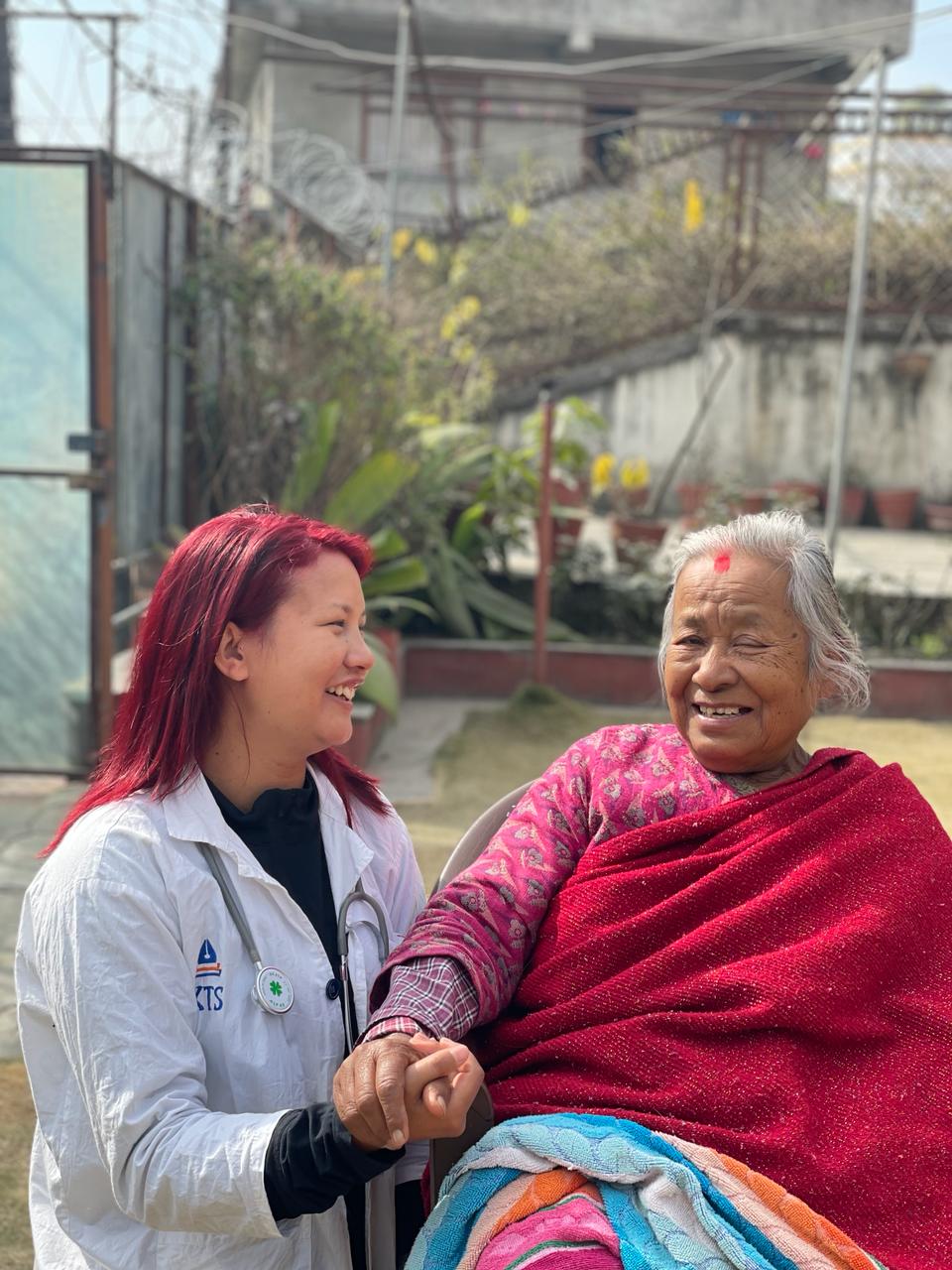

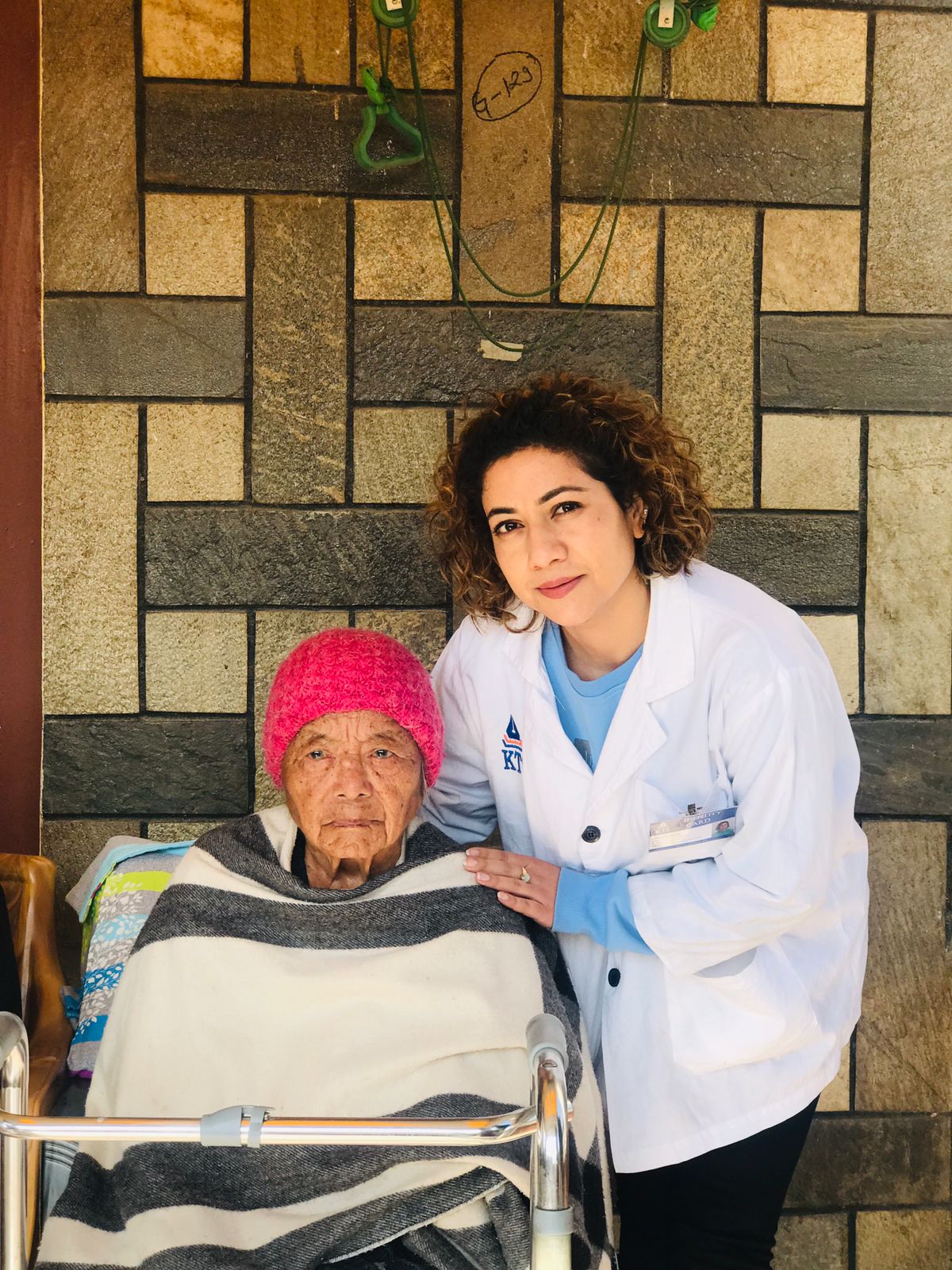

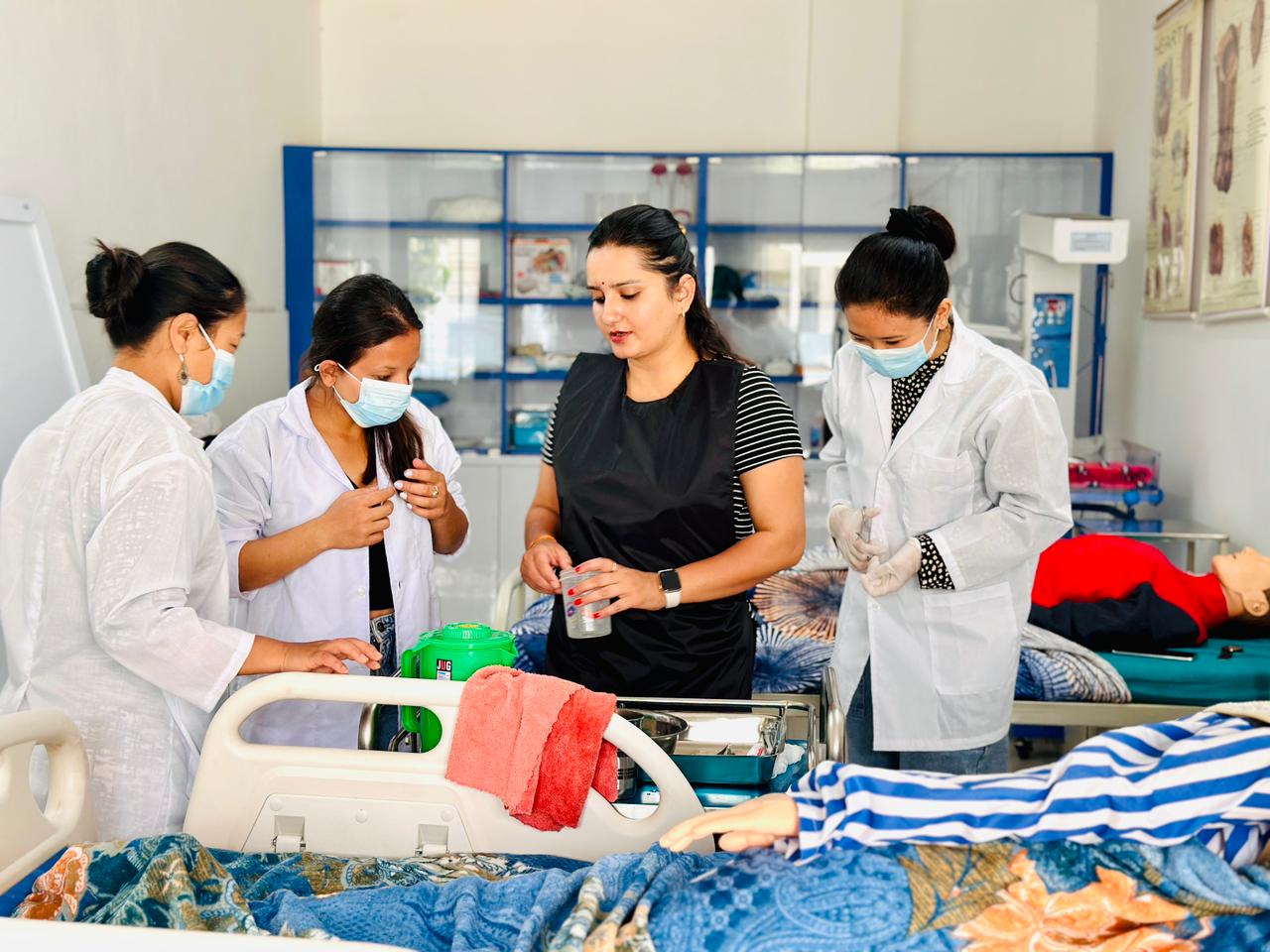

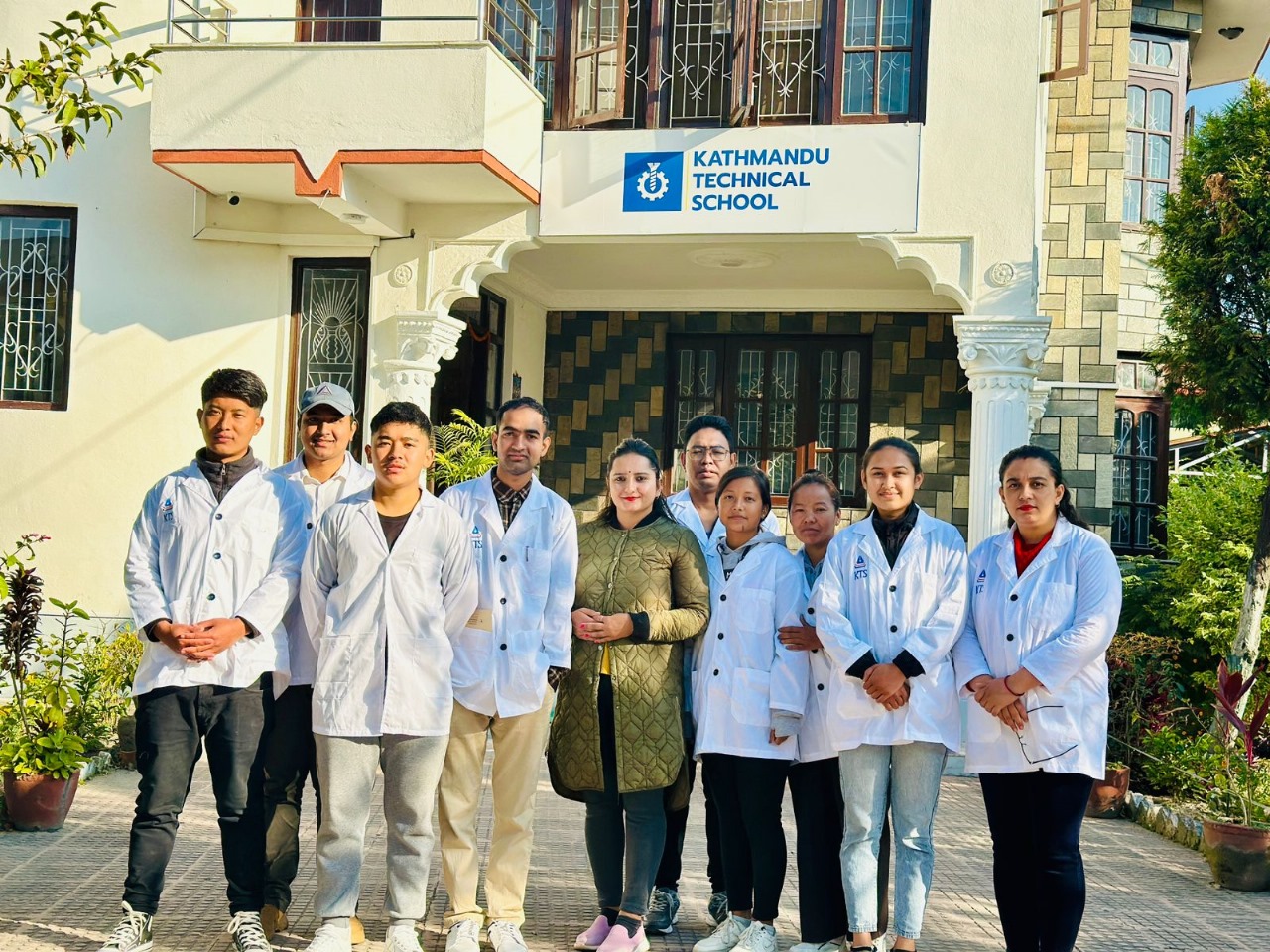

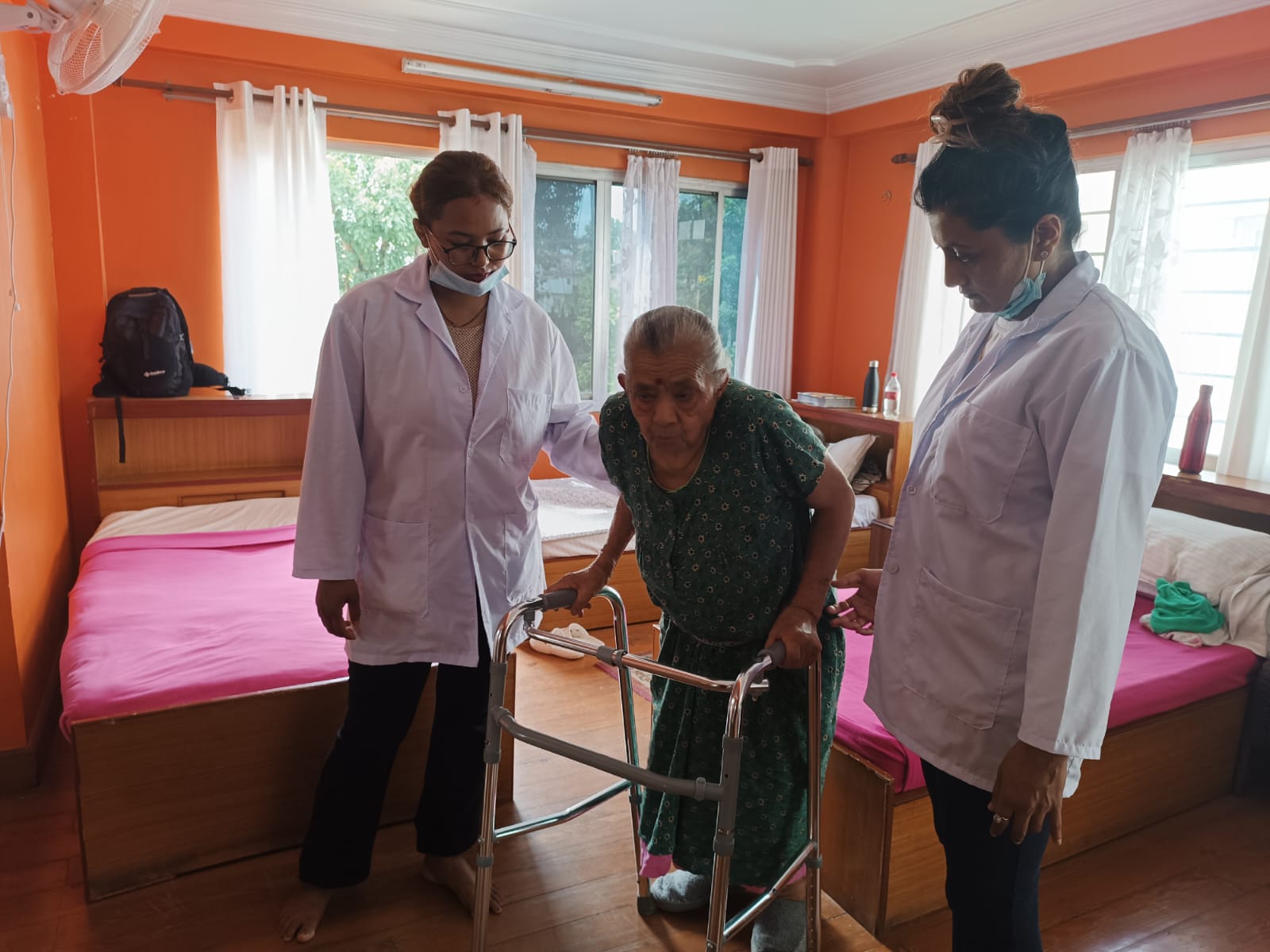

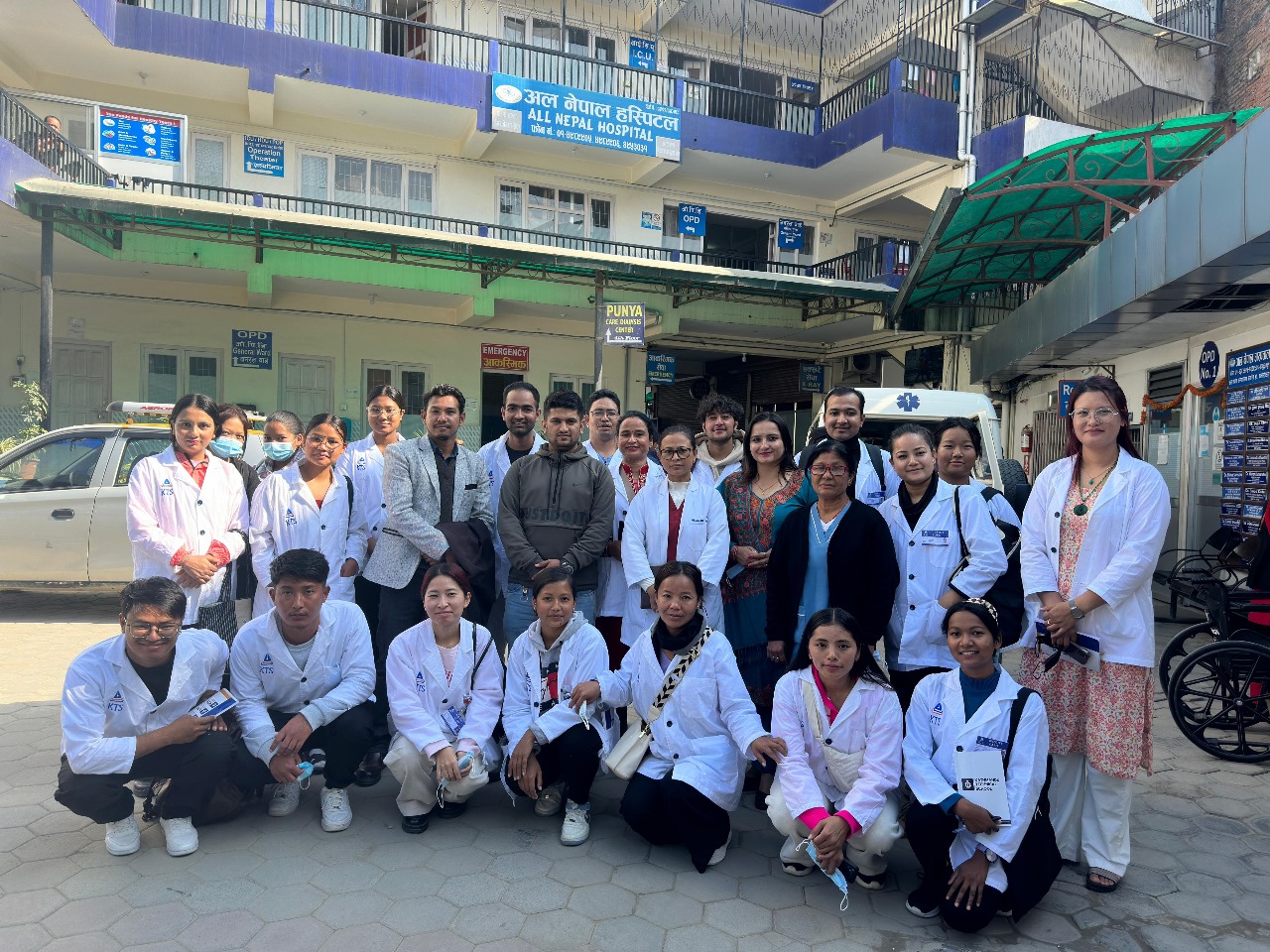

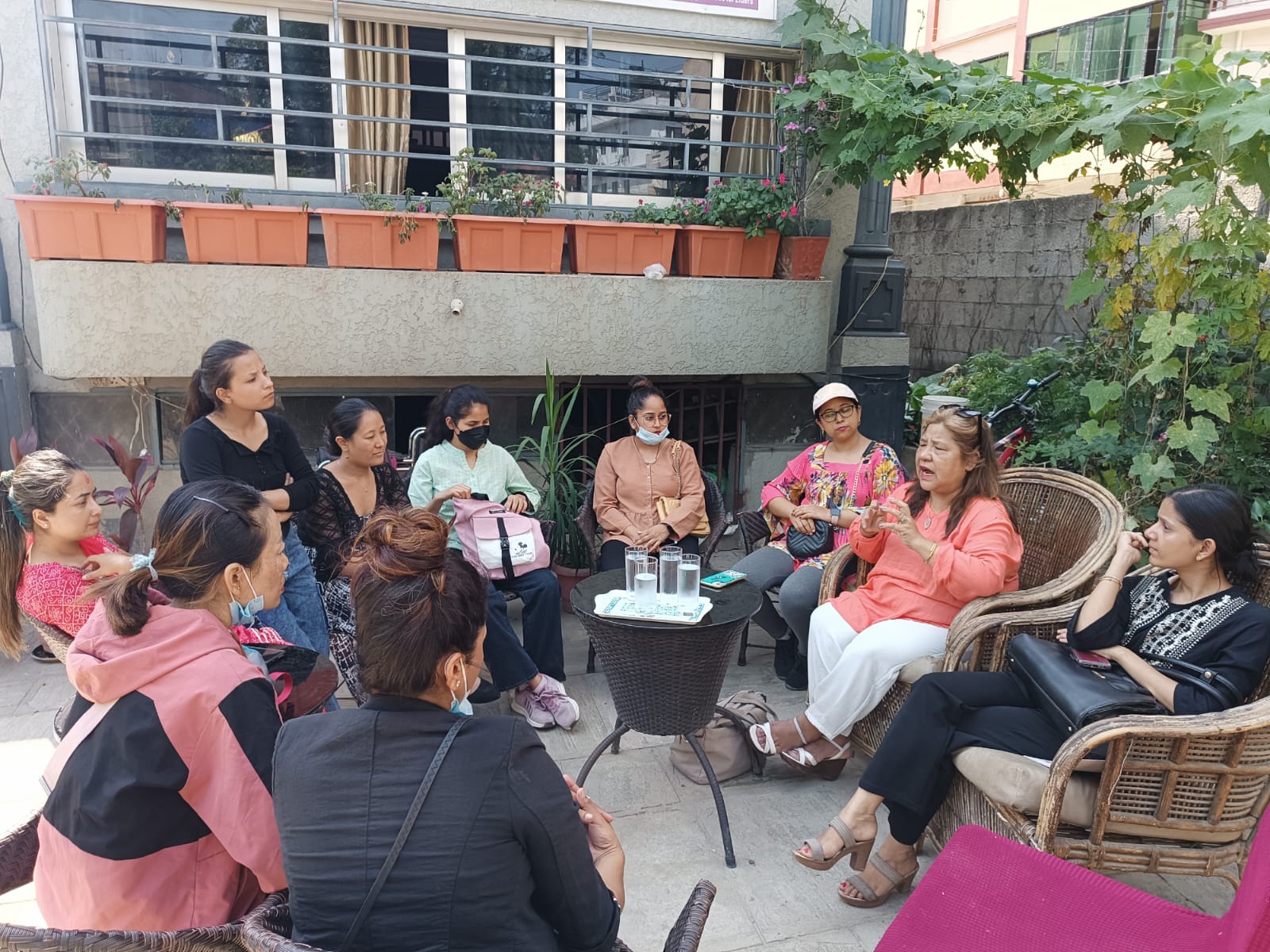

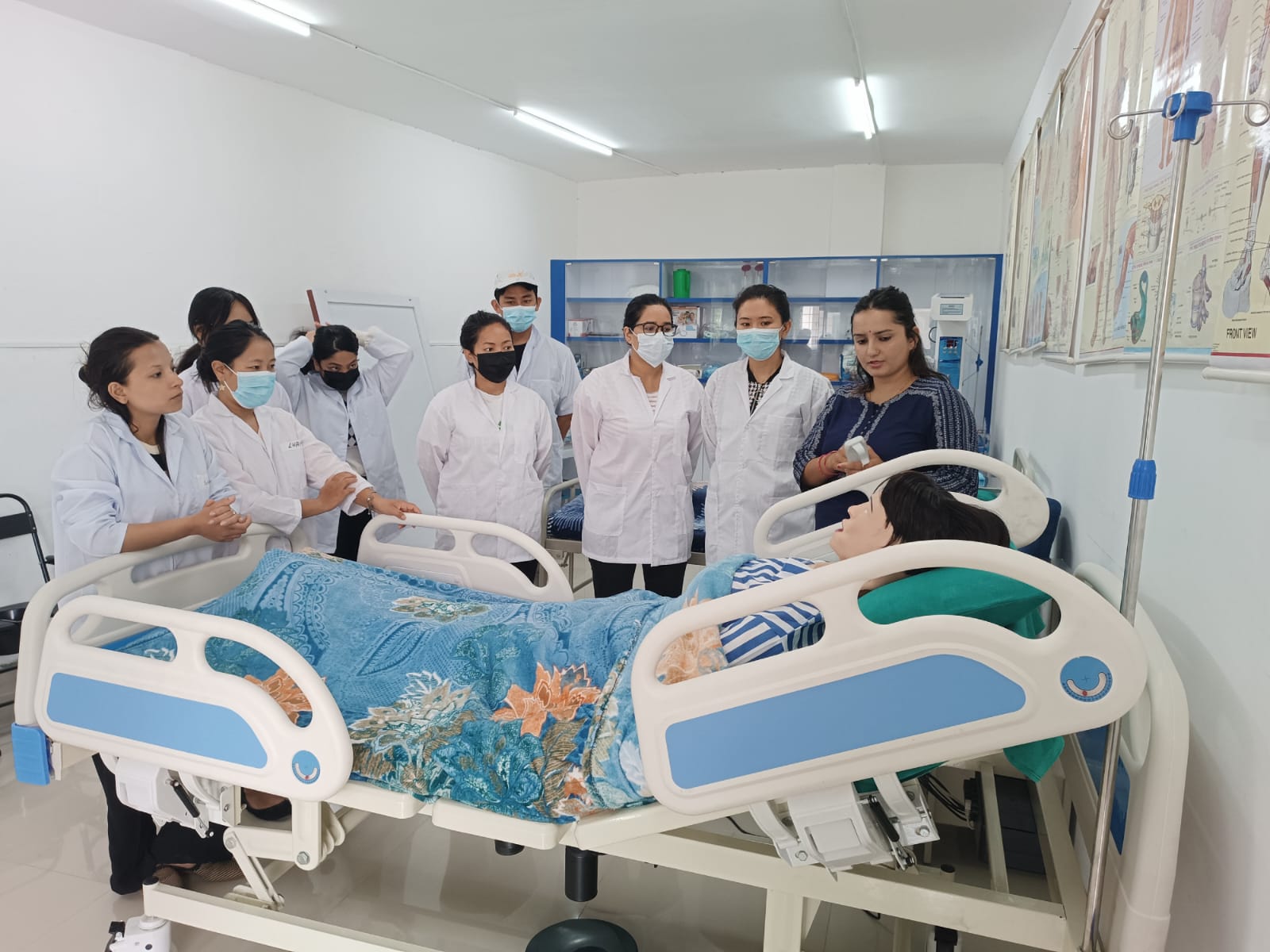

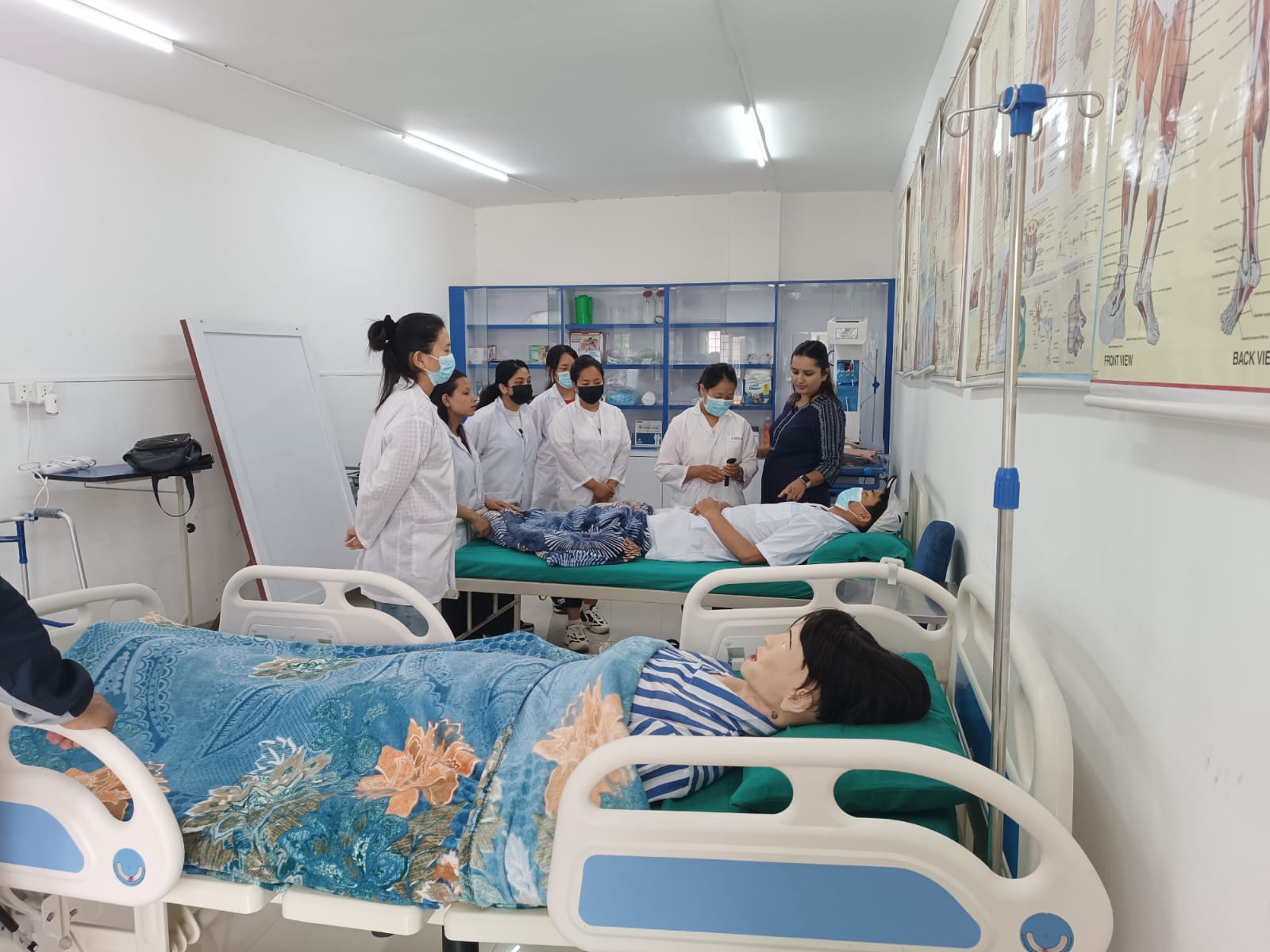

Contact Us
Address
Sukedhara, Kathmandu, Nepal
Phone
+977 9762782465
+977 9801482465
info@ktsnepal.com
